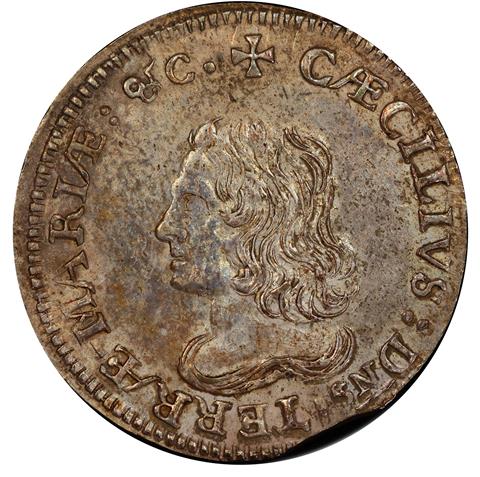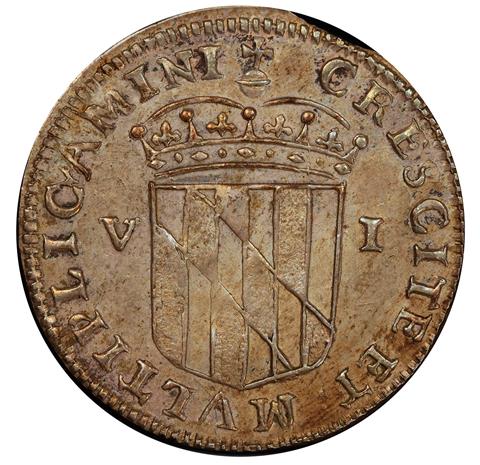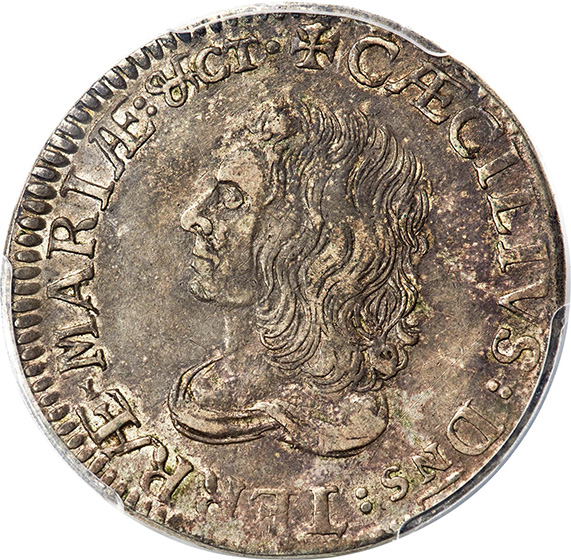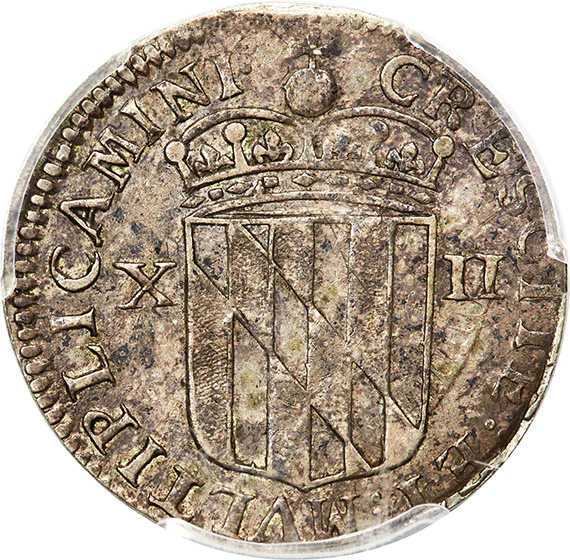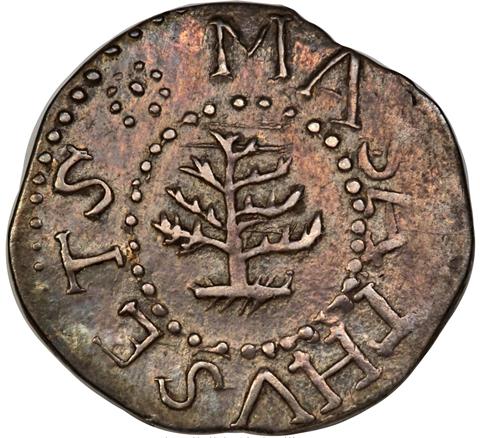
Colonial Period (1630-1764)
During the span of 1630 to 1764, colonial America underwent a dynamic evolution. Settlers, driven by diverse motivations, carved out existence in untamed lands. The Puritans sought religious refuge, forging tight-knit communities with strict moral codes, while others pursued economic opportunity. Amidst dense forests and rustic villages, agrarian life flourished, but challenges from disease to Native American conflicts were constant companions. The seeds of self-governance were sown, with colonial assemblies shaping local laws. By the mid-18th century, a distinctive colonial identity emerged, infused with Enlightenment ideas that fueled growing aspirations for individual rights and representative government. Yet, simmering tensions with the British Crown would soon ignite the fires of revolution, forever altering the course of history.




